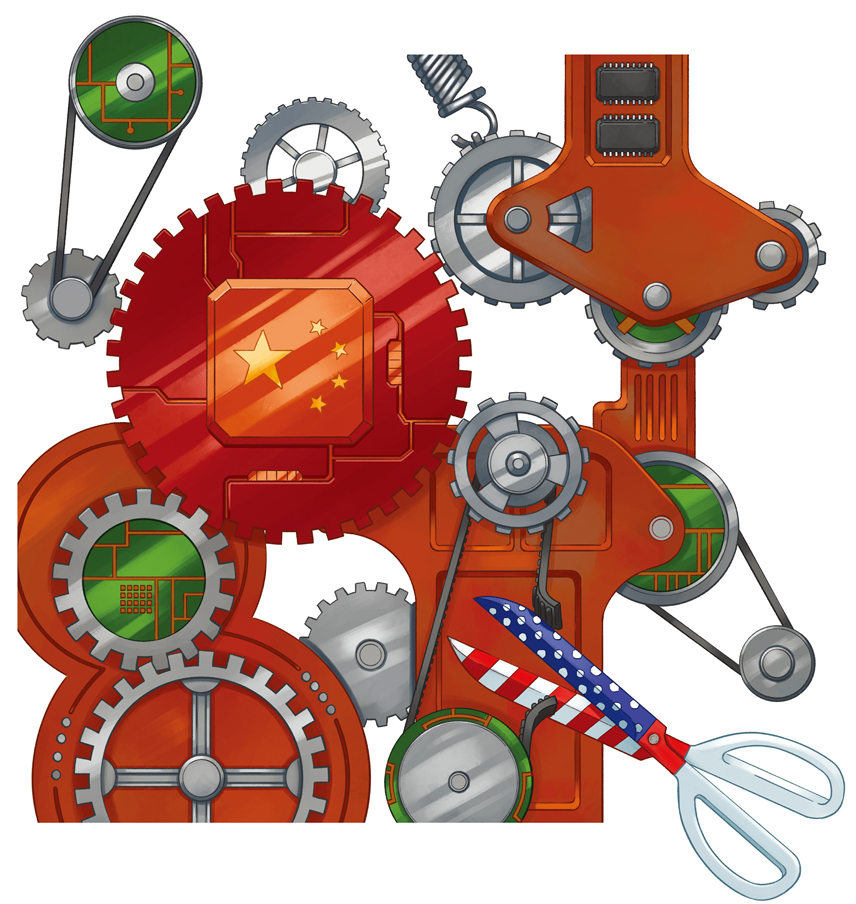What is behind the Chinese government’s move to enforce stricter intellectual property regulation?
Intellectual property (IP) produced in China has been in the news a lot recently. From high-profile examples like DreamWorks Animation’s deal with three Chinese partners to build a $330-million movie studio called Oriental DreamWorks, to less high-profile examples such as the success of Guangdong manufacturers in getting Apple laptop power cords to generate less heat.
Having read about these developments, a recent Economist article (“Still Murky: Is the Middle Kingdom Getting Serious about Protecting Intellectual Property?”) caught my eye. It describes recent signs that China is stepping up efforts to enforce IP protection, long an area of consternation for the US government. The article cites more professional judiciaries, legal changes to make copycat patents more difficult, and higher judgments for patent infringements. The article argues that Chinese firms are filing more patents (although other sources point to flaws in the system that allow copycat patents to continue) and protecting them in court more vigorously because China’s legal system is getting better.
I think this may put the cart before the horse. It seems more likely that the legal changes are occurring because of Chinese firms’ increasing success in innovating and not the other way around. The Chinese government is presumably more responsive to the interests of local than foreign firms. Historically, innovations adopted in China have mostly originated outside China and policy makers could afford to ignore IP protection. As more innovations, like those I have been reading about, originate from inside China domestic firms will increasingly pressure the government to better protect IP.
I like to imagine an antique scale with foreign-originated IP measured in the left pan and domestically-produced IP on the right. Since China opened its economy the scale has been weighted heavily to the left side and policy makers have felt no need to focus on IP protection. As Chinese firms have begun developing their own IP, the weight has begun shifting to the right side and policy makers have turned their attention to increased legal protections. The more innovation occurs within China the more the scale will tip and the stronger the pressure.
This is a more hopeful reason for improved IP protection in China than pressure from foreign governments alone. First, it is easier to roll a stone downhill than push it up. Convincing the Chinese government to better protect IP when it is in their own self-interest is much easier than when it is not. Second, more innovation is better no matter the source. Oriental DreamWorks’ next movie can be enjoyed by both Chinese and American moviegoers and the next innovation in computing equipment coming out of Guangdong province can benefit Apple users everywhere.
















